Naureen Dogar
This two-hour session is designed for the owners and heads of The Educators’ schools. The workshop aims to develop an awareness regarding the role of the school leaders in its development and growth.
The objectives are as follows:
- developing a personal perception of what leadership means and how it differs from management
- introducing the key leadership styles and reviewing the characteristics of each, including the strengths and weaknesses
- exploring individual leadership styles and their effects on their personal way of managing things in their present roles as heads of school
- investigating the dimensions of instructional and transformational leadership
- analysing the implications of the process of transition from instructional to transformational leadership in their present context.
Key strategies and session segments:
The session will begin with personal exploration of what leadership means to the participants. In the first individual task, the participants will be required to give the key characteristics of an effective leader. In the whole group, the key characteristics of a manager will be elicited while the similarities and differences between the two will be established. Keeping this information in mind the participants will be asked to collaborate in small groups and, after coming to a consensus, they will as a group give their definition of ‘a leader’.
In the second segment, a brief PowerPoint presentation will cover the three main leadership styles and participants will be invited to correlate their ideal ‘leader’ as defined by them with the characteristics of each style. A selection of video clips and images will be used to support the exercise and provide visual stimulation for the formulation of ideas and greater clarity. This will be followed by a task which requires the participants to do a quick quiz and determine their personal leadership style. This will establish the link between their ideal and their personal style after which they will be invited to share their findings. Moving around the room, participants will seek other members of the group with similar styles. In the plenary, participants will be invited to share the instances where the pros and cons of their leadership style have had an impact on their decisions and actions. They will be asked to share their reactions.
In the event that participants are hesitant to share, the iconic image from each style will be used as a reference and a quick wrap up will be done.
In the third segment, we will start with a brief overview of the dimensions of instructional and transformational leadership. Emphasis will be laid on the role of the school leaders in developing a culture of collaboration that leads to establish their school as a ‘Learning Organisation’. Real life examples of excellence from the business world will be given to illustrate the need for evolution and change for a business to stay ahead of its competitors. The participants will be asked to review the current status of their institutions using a short quiz, and do a quick SWOT analysis. Based on the results they will be asked to prioritise 3 key areas for development and growth and brainstorm a roadmap for their action. The workshop will close with an inspirational slide show.


